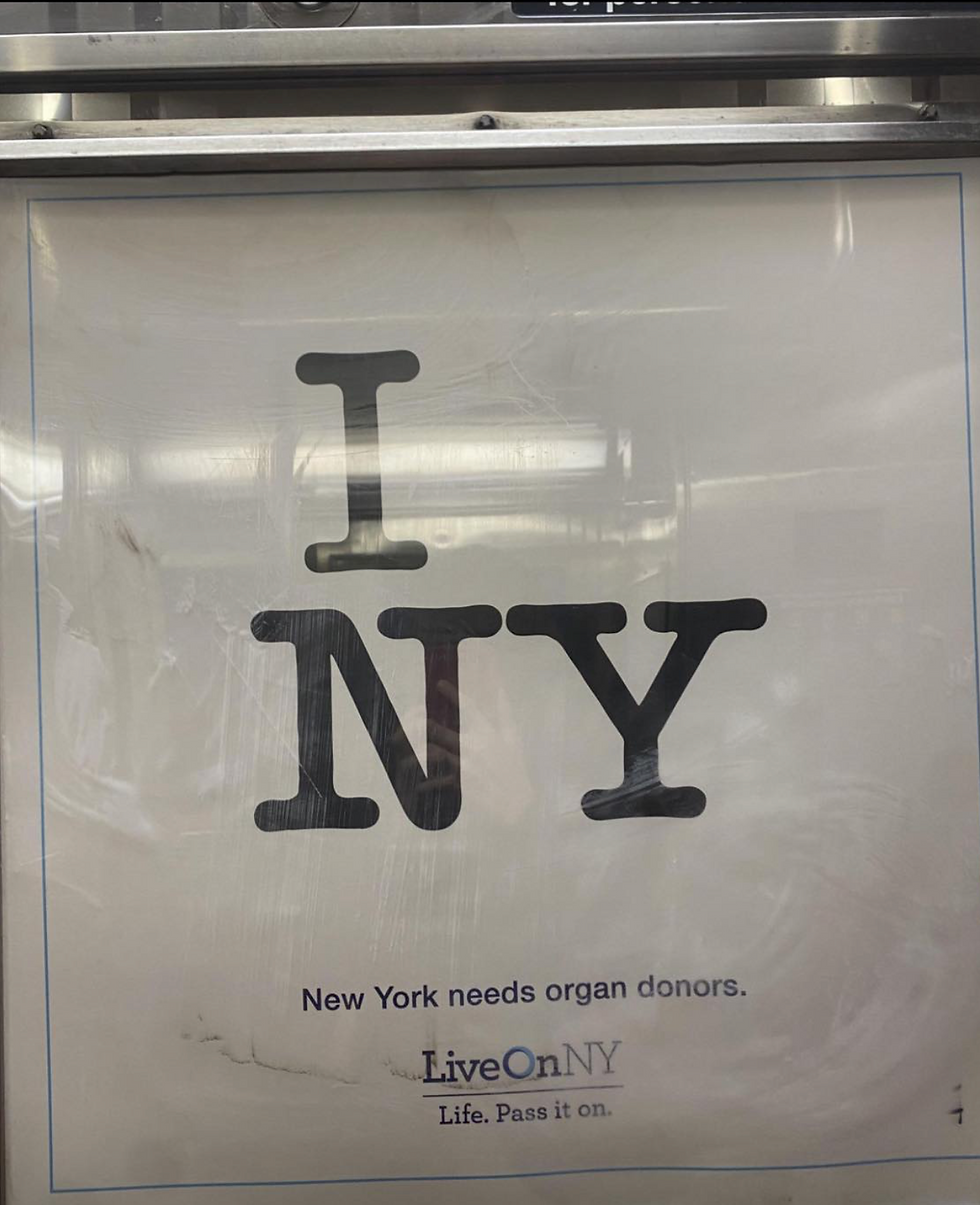The Gener_tion E_ffect
- anetabirnerova
- Sep 13, 2024
- 4 min read
Updated: Oct 30, 2024
“You know which restaurant we should go to tonight?“ You ask your partner. “Rest at Uran. I love that place… by the way, did you know that their name is an anagram for the word restaurant? So smart…”
Are you similarly smug? You need to read this article then.

This article is inspired by The Illusion of Choice. A book written by Richard Shotton about cognitive biases in marketing and everyday life. Read another article from this series.
Imagine…
you’re in deep desire mode for a cup of coffee. You open the kitchen cabinet. Grab the coffee beans packaging but… of boy. No! You realise something is wrong when your thumb and index finger are divided only by a thin layer of plastic. The package is empty.
“Noooo!!!” You moan. Now you have to go to the shop!
After an hour of mourning, you finally get out of the house and now you’re standing in front of the coffee selection. There are three possible choices. You look at the labels.
First coffee has a FairTrade stamp and promises a well-balanced experience.
Second coffee is recommended by Bruce Willis.
The package of the third coffee is in the shape of a country it is from.
“Hm…” You bite your lip. “I know this one… wait! It's Brazil!” You scream unnecessarily loudly. You awkwardly return to the packages, grab your favourite, and rush to checkout. You can't even remember why you liked this one and started buying it.
The question is, which coffee is your favourite (and why)?
First coffee
Second coffee
Third coffee
Not sure about the correct answer? Maybe the following research will help. In 1978 Norman Slamecka and Peter Graf showed a set of words to 24 students. Half of the group received cards with simple words like rapid and fast. The other half got the same words but with missing letters. Rap_id and fas_ for example.
The result? Students with puzzles were 15% more likely to remember the words.
Gener_tion Ef_ect
People remember things better if they have to work a little to figure them out. In smart-ass words, putting in a mental effort increases memorability. And what does it mean in practice? Use puzzles and riddles in your marketing campaigns. People will remember them better.
Which is a win because we buy what we have remembered. An increase in memorability means an increase in revenues. Done and done.
People also feel smart because they figured out a riddle. And of course, they will show off in front of their friends. So you as a marketer will benefit from massive word-of-mouth effects as well.
These findings are a part of the Generation effect. According to this phenomenon, you remember information better – if you generate it directly from your mind. Compared to simply reading or hearing stuff from others.
Re_l exa_ples
Cancer Research UK
The missing letters were used in a print campaign for Cancer Research UK in 2019. This campaign will certainly help you remember one of the main causes of cancer. However, I’m not a fan of threatening campaigns like this one. Yes. The generation effect helps you to remember the information. But when people face a problem seemingly bigger than they can tackle, they tend to block it entirely. This explains why we are unable to effectively deal with climate crisis for example. The same goes for obesity. A better approach would be to divide the huge issues into small proactive steps towards a solution.
How this could look in practice? Don’t say obesity is bad. Say 10 thousand steps per day is sufficient prevention from cancer and heart disease. Always use positive messaging. Always present doable actions.

Source: Cancer research UK
The Economist
Another example is a famous riddle created by David Abbott to support the Economist subscription rate. Funny. Smart. Genius.

Source: the economist
Tesco
This fresh print campaign builds the company logo out of the offered products. The initial letter of every product put together the name of the company.
For example, here we have a Tangerine, an Egg, a Strawberry, a Croissant and Olives:

Source: tesco.com
Live On NY
The nonprofit organisation Live On NY has drawn attention to the organ shortage with an ingenious print where they removed the heart from a famous poster.

Source: Live On NY
Coca Cola
Riddles do not have to be verbal. They can be visual as well. A great example is the Coca-Cola campaign promoting inclusivity. The riddle you need to figure out here is that the hands are shaped like a Coca-Cola bottle.
However, this ad works only because Coca-Cola’s packaging is so well-known already. Only brands with the best branding can afford this kind of messaging.


Source: Coca-cola
The generational effect can bring an amazing amount of playfulness into your ads. Use it. Let people solve your little riddles. Make them feel smart.
Correct Answer: C Third coffee
Source: Richard Shotton | The Illusion of Choice





Comments